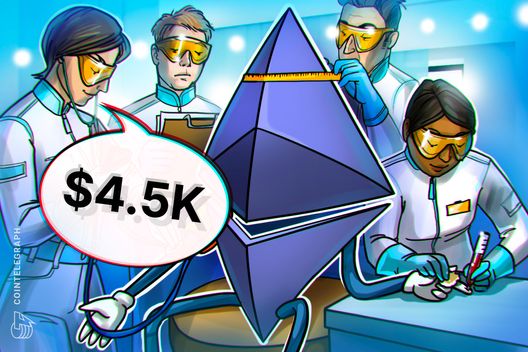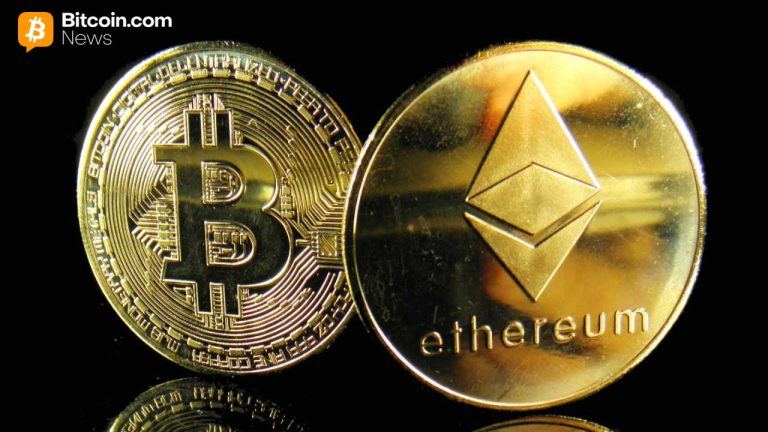Casa wallet launches Ethereum vault relay service for increased user privacy
2 min read
Cryptocurrency self-custody platform Casa has rolled out new functionality for its recently launched Ether (ETH) vaults, allowing users to transact via a relay for added privacy.
Casa added a multisignature Ethereum self-custody vault to its initial Bitcoin (BTC) custody offering in June 2023, allowing users to manage the self-custody of their ETH holdings with up to five private keys to secure their assets.
In an effort to afford more transactional privacy to its ETH users, Casa has introduced a mechanism that allows users to use an ETH pay wallet as a relay to create and transact from their vault.
Related: Bitcoin self-custody advocate explains why on-ramps are key to adoption
The company explained to Cointelegraph that Casa had previously assisted users with interactions between their ETH vaults and the Ethereum blockchain through its in-house Casa Relay.
This bridge allows users to carry out specific actions, including deploying contracts and sending transactions, while fronting gas costs. The firm noted that a caveat of this function is that users’ Ethereum addresses associated with Casa can be publicly viewed through blockchain scanning tools.
Casa’s solution involves using an ETH pay wallet — a new alternative single-signature wallet that can be used as a relay to transact from a vault. Casa CEO Nick Neuman tells Cointelegraph that gas fees and transactions sent from an ETH pay wallet will not be associated with Casa on-chain.
Neuman added that the feature presented an opportunity for customization for its users and had been in development before the launch of its ETH custody vault.
“We were proactive in developing the Pay Wallet Relay because we knew some of our more advanced members would enjoy enhanced on-chain privacy while others would enjoy the simple convenience of the Casa Relay.”
Neuman also clarified that the ETH pay wallet would not afford anonymity associated with obfuscation tools present across the cryptocurrency ecosystem:
“It’s not an obfuscation service — all on-chain activity will be viewable just like with any wallet. This just removes the connection to Casa on-chain.”
The service involves additional steps compared to the Casa Relay, and users are required to cover gas fees with their pay wallet, with the trade-off being added privacy for users looking to avoid on-chain ETH addresses being connected to Casa.
Collect this article as an NFT to preserve this moment in history and show your support for independent journalism in the crypto space.
Magazine: NFT collapse and monster egos feature in new Murakami exhibition







